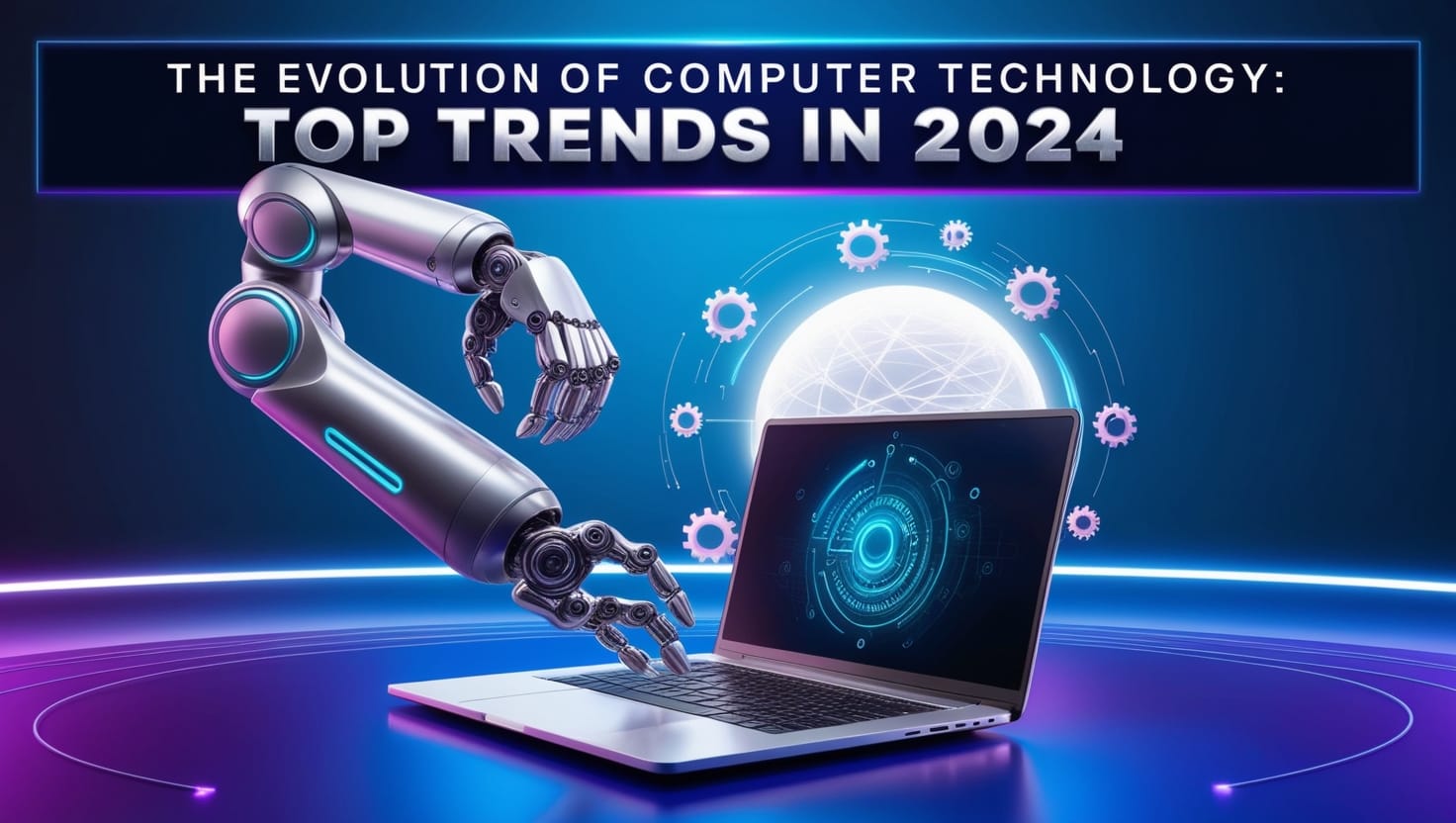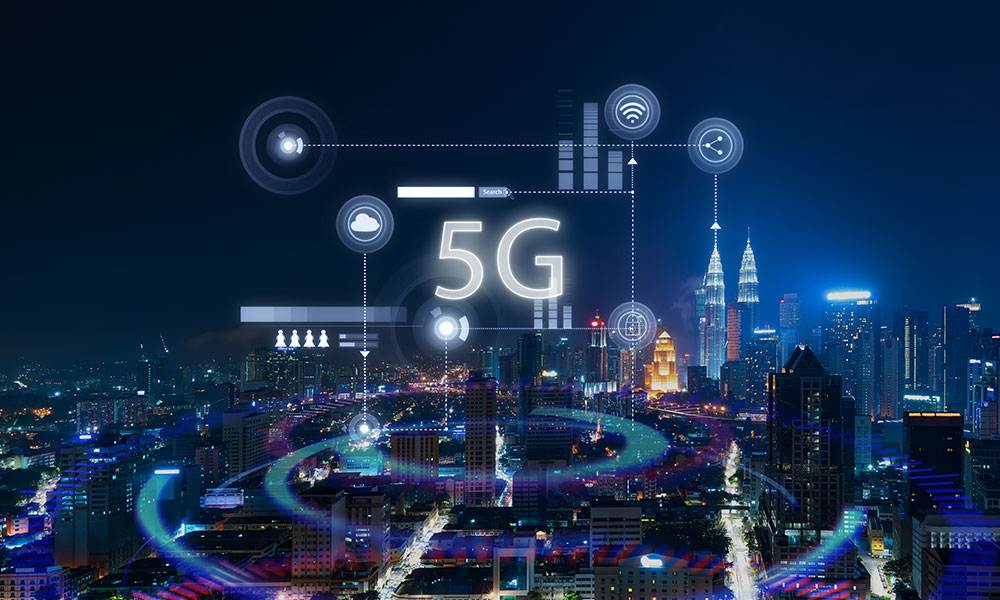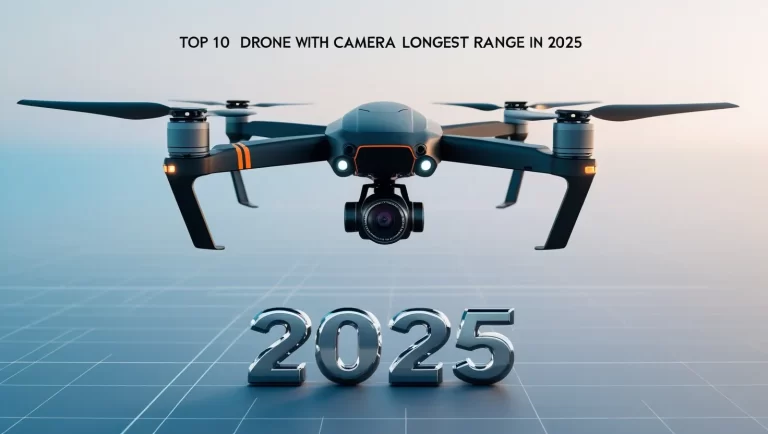
The Evolution of Computer Technology: Top Trends in 2024-In recent years, the world of computer technology has seen rapid advancements, transforming how we work, communicate, and interact with the digital world. As we move into 2024, new trends and innovations are shaping the landscape of computing. From cutting-edge hardware developments to AI-powered software, the evolution of computer technology continues to redefine what’s possible. In this article, we’ll explore the top computer technology trends to look out for in 2024 and how they’re influencing industries and everyday life.
1. AI and Machine Learning Integration: The Rise of Smart Computing
Artificial Intelligence (AI) and Machine Learning (ML) are no longer just buzzwords—they are driving much of the innovation in computer technology today. In 2024, AI is increasingly embedded in both hardware and software to create smarter, more intuitive systems.
AI-powered computers are becoming more adept at learning from data and adapting their behavior. From predictive text and voice assistants to automated content generation and advanced analytics, AI is enhancing the way computers function. Additionally, machine learning is enabling faster and more accurate decision-making, from self-driving cars to healthcare diagnostics.
As AI technology evolves, it’s also making computers smarter in how they interact with users, learning preferences and optimizing performance in real-time. For instance, many modern laptops and desktop computers now come with built-in AI features that adjust system performance based on user behavior, ensuring a smooth and efficient experience.
2. Quantum Computing: Unlocking Unimaginable Potential

Quantum computing is one of the most exciting developments in computer technology. Although it’s still in the early stages, 2024 is shaping up to be a year where quantum computing begins to shift from theoretical research into practical applications. Unlike traditional computers that use binary code (1s and 0s), quantum computers use qubits, which can exist in multiple states simultaneously. This makes them exponentially more powerful at solving complex problems.
In industries like cryptography, pharmaceuticals, and logistics, quantum computing has the potential to revolutionize processes that were previously considered too complicated or time-consuming for classical computers. While widespread adoption is still some years away, 2024 will likely see more breakthroughs in quantum hardware and algorithms, bringing this futuristic technology closer to real-world applications.
3. Edge Computing: Decentralizing Data Processing
Edge computing is a trend that’s gaining momentum in 2024 as businesses and consumers alike demand faster, more efficient computing solutions. Edge computing involves processing data closer to the source of data generation—such as IoT devices, smart sensors, and local servers—rather than relying on distant cloud servers.
This trend is driven by the growing need for real-time data processing in applications like autonomous vehicles, smart cities, industrial IoT (Internet of Things), and augmented reality (AR). By reducing the latency associated with cloud computing, edge computing enables faster decision-making, greater reliability, and improved privacy and security.
For example, smart factories can leverage edge computing to process data from machines on-site, allowing for instant performance monitoring and predictive maintenance, rather than waiting for data to be processed in the cloud. As more devices become connected, edge computing will play a key role in the evolution of computer technology in 2024 and beyond. (Read More: How the Technology Acceptance Model is Shaping User Adoption in 2024)
4. 5G and Beyond: The Next Era of Connectivity

The rollout of 5G networks is transforming the way we connect to the internet, enabling faster speeds, lower latency, and more reliable connections. As 5G technology continues to expand in 2024, it will have a significant impact on computer technology, especially for mobile devices and IoT.
With 5G, computers and devices will be able to process and transmit vast amounts of data much faster than with previous generations of wireless technology. This will not only improve internet browsing and video streaming but also enable new applications in gaming, remote work, and cloud computing. For instance, cloud gaming will become more seamless, allowing users to play high-quality video games without the need for expensive hardware.
The true potential of 5G, however, lies in its ability to connect a vast number of devices with minimal interference. This is expected to drive the growth of smart homes, autonomous vehicles, and wearable technologies, all of which rely on high-speed, low-latency connections. As 5G networks continue to mature in 2024, the impact on computer technology will be profound, enhancing our digital experiences and powering the next wave of innovation. (Read More: How Technology Addiction Is Reshaping Our Social Lives in 2024)
5. Blockchain and Decentralized Computing: A New Era of Trust
Blockchain technology, which underpins cryptocurrencies like Bitcoin, has grown far beyond its initial use case. In 2024, blockchain is expected to play a larger role in computer technology, especially in areas related to security, data privacy, and decentralized applications (dApps).
Blockchain’s decentralized nature ensures that data is not stored in a single location, reducing the risk of hacks and data breaches. This has significant implications for industries like finance, healthcare, and supply chain management, where secure data management is crucial. Blockchain’s transparency and immutability also make it ideal for building trust between parties, especially in digital transactions and contracts.
In addition to its use in financial systems, blockchain is being integrated into cloud computing services, allowing businesses to create more secure, transparent, and efficient data-sharing ecosystems. As blockchain technology continues to mature, 2024 could mark a turning point in how we store, share, and interact with digital information. (Read More: How Technology Books Are Shaping the Future of Learning)
6. Sustainable Computing: Green Tech for a Greener Future

As the environmental impact of technology becomes an increasing concern, sustainable computing is emerging as a key trend in 2024. Companies are striving to reduce their carbon footprint, improve energy efficiency, and make more sustainable choices in hardware production and disposal.
In 2024, expect to see more energy-efficient computer components, such as processors and graphics cards, as well as eco-friendly materials in the manufacturing of devices. Companies are also focusing on reducing e-waste by promoting recycling programs and designing products with a longer lifespan. Additionally, the rise of energy-efficient cloud computing services is helping organizations reduce their energy consumption while still providing powerful computing capabilities.
Sustainable computing isn’t just about reducing emissions—it’s also about using technology to solve environmental challenges. AI and data analytics are being applied to monitor and optimize energy usage, predict climate patterns, and improve sustainability in agriculture and urban planning.
Conclusion article The Evolution of Computer Technology: Top Trends in 2024
The evolution of computer technology in 2024 is nothing short of exciting, with advancements that promise to reshape industries and improve our daily lives. From the rise of AI and quantum computing to the growing importance of edge computing and blockchain, we’re witnessing a major transformation in the digital landscape. As these technologies continue to develop, they will unlock new possibilities for innovation, connectivity, and efficiency, propelling the future of computing to new heights. Whether you’re a tech enthusiast or a business professional, staying ahead of these trends will be crucial for navigating the digital age.





